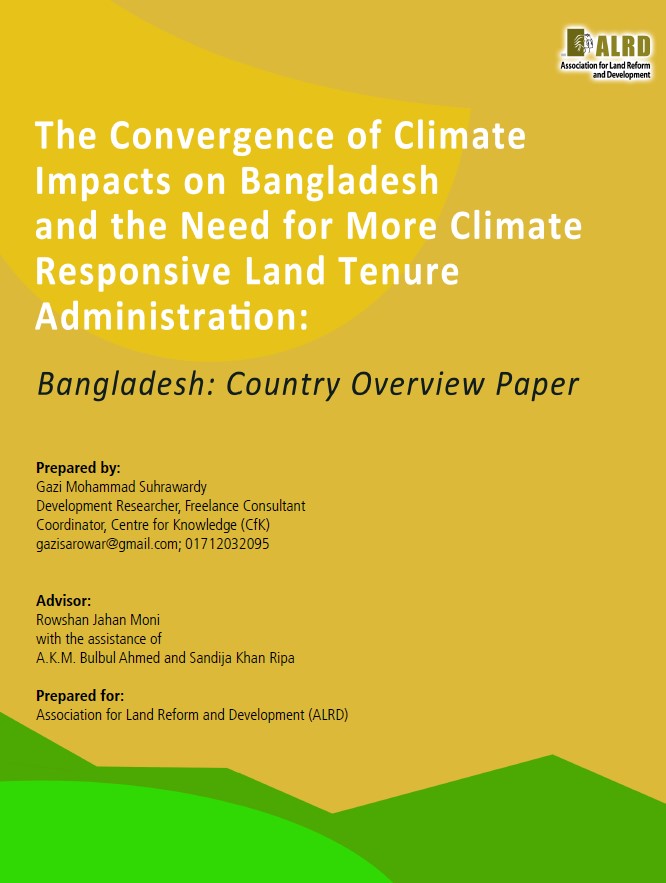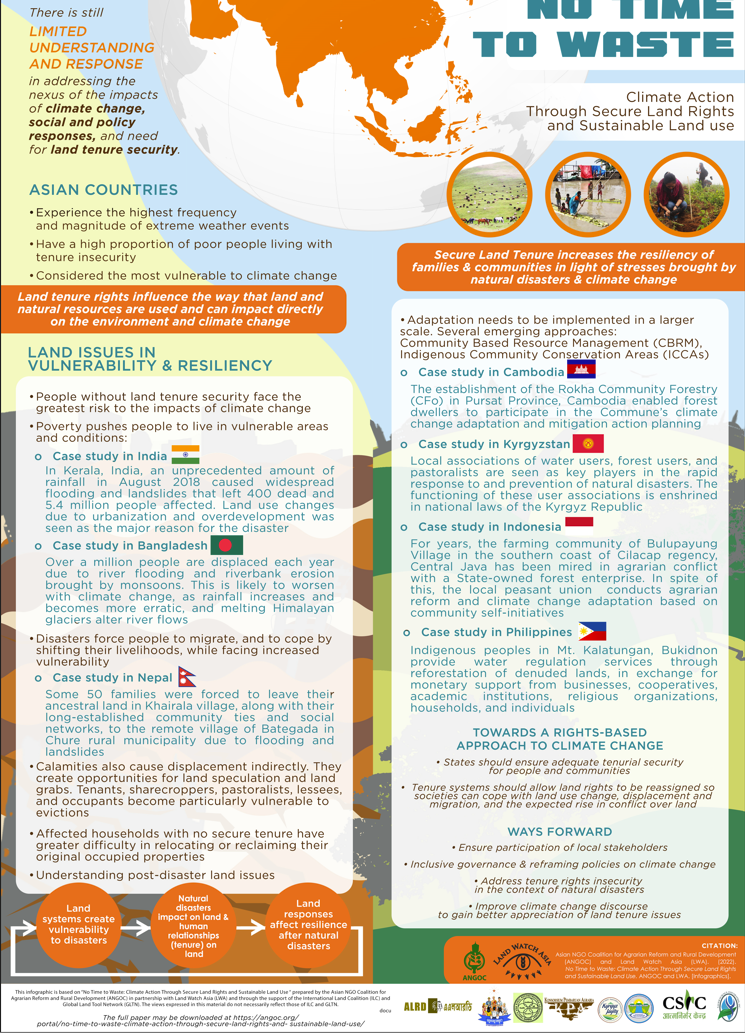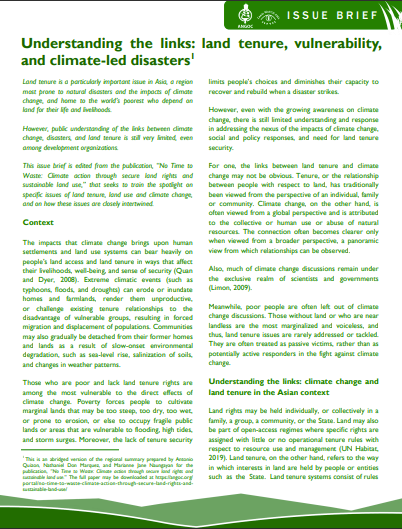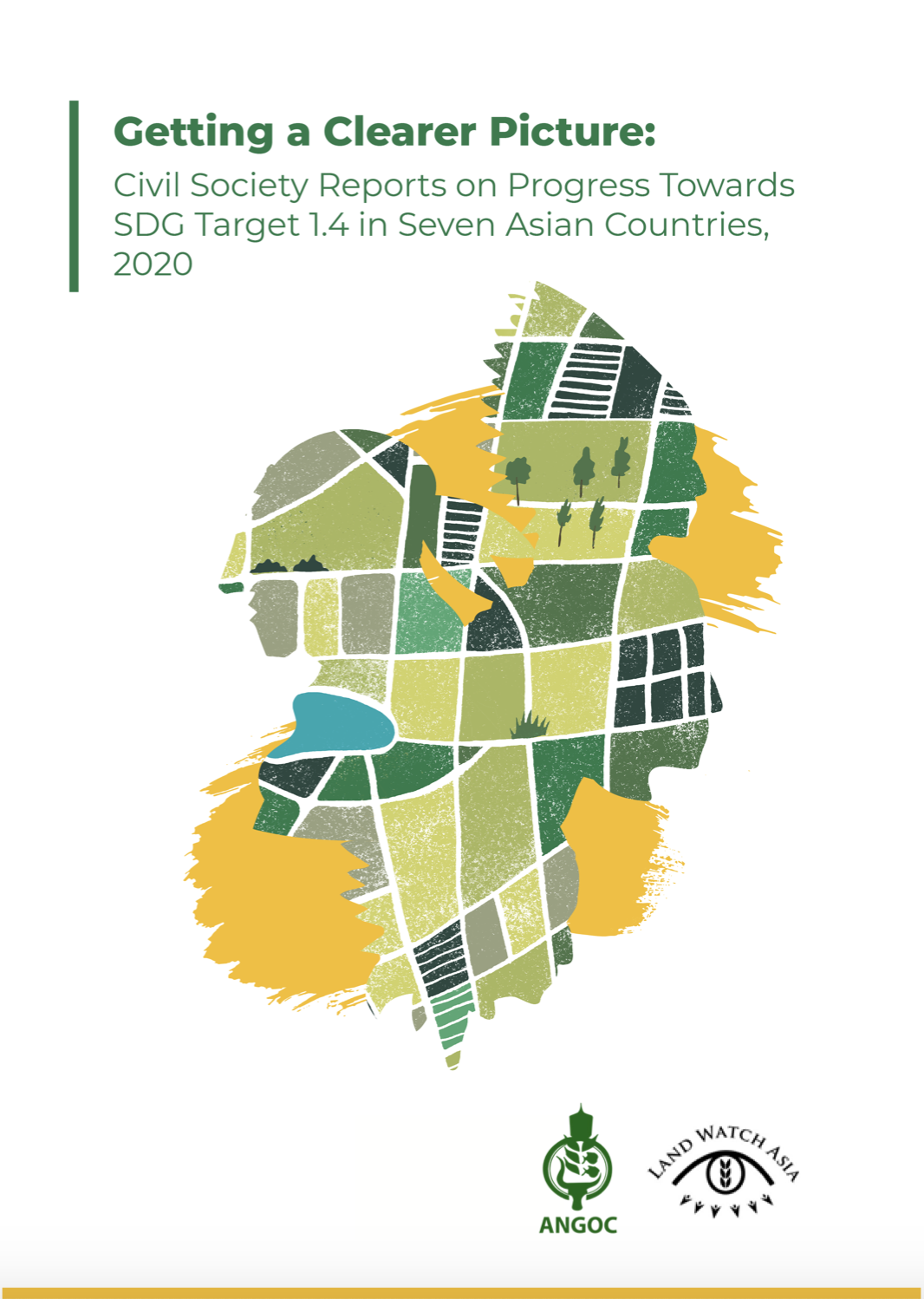Focal point
Location
Founded in 1979, ANGOC is a regional association of 20 national and regional networks of non-government organizations (NGO) in Asia actively engaged in food security, agrarian reform, sustainable agriculture, participatory governance and rural development. ANGOC member networks and partners work in 14 Asian countries with an effective reach of some 3,000 NGOs and community-based organizations (CBOs). ANGOC actively engages in joint field programs and policy debates with national governments, intergovernmental organizations (IGOs), and international financial institutions (IFIs).
Mission & Vision:
The organisation's mission is to create a policy and social environment that enables Asian Rural Poor Communities to exercise their rights to participatory development, gain access to and control of their natural resources, and engage in sustainable livelihoods while drawing from Asia’s rich spiritual and cultural traditions. ANGOC envisions vibrant Asian rural communities living in harmony with nature as stewards of the Earth, whose members are able to realize their full human potentials, collectively chart their path to development, provide for their present and future needs, and equitably share the fruits of their labors in community celebrations of life.
Resources
Displaying 6 - 10 of 102Bangladesh Country Overview Paper on Climate Change and Land Tenure Rights
This country overview paper offers a perspective overview of climate change and land tenure rights in Bangladesh. It provides a review and analysis of how the official climate responses and those of other stakeholders impact on the land tenure, use and rights of people. Lastly, it discusses the emergent impacts/implications of climate change on land tenure rights, land use systems and governance.
In undertaking the above discussions, the paper has brought into particular focus the socio-economic issues of poor, marginalized, and at-risk sectors.
No time to waste
Land tenure rights influence the way that land and natural resources are used and can impact directly on the environment and climate change.
Understanding the links: land tenure, vulnerability, and climate-led disasters
Land tenure is a particularly important issue in Asia, a region most prone to natural disasters and the impacts of climate change, and home to the world’s poorest who depend on land for their life and livelihoods.However, public understanding of the links between climate change, disasters, and land tenure is still very limited, even among development organizations.This issue brief is edited from the publication, “No Time to Waste: Climate action through secure land rights and sustainable land use,” that seeks to train the spotlight on specific issues of land tenure, land use and climate cha
Getting a Clearer Picture: Civil Society Reports on Progress Towards SDG Target 1.4 in Seven Asian Countries, 2020
Target 1.4 of the UN Sustainable Development
This target’s inclusion under SDG Goal 1, on “ending poverty in all its forms,” signifies a new global recognition that secure land tenure should be a central strategy in combating poverty. However, this land agenda has not been prominent in recent SDG reporting processes of governments.
No Time To Waste: Climate Action Through Secure Land Rights and Sustainable Land Use
Land tenure is a particularly important issue in Asia, a region most prone to natural disasters and the impacts of climate change and home to the world’s poorest who depend on land for their lives and livelihoods. However, public understanding of the links between climate change, disasters, and land tenure is still very limited, even among civil society organizations.






